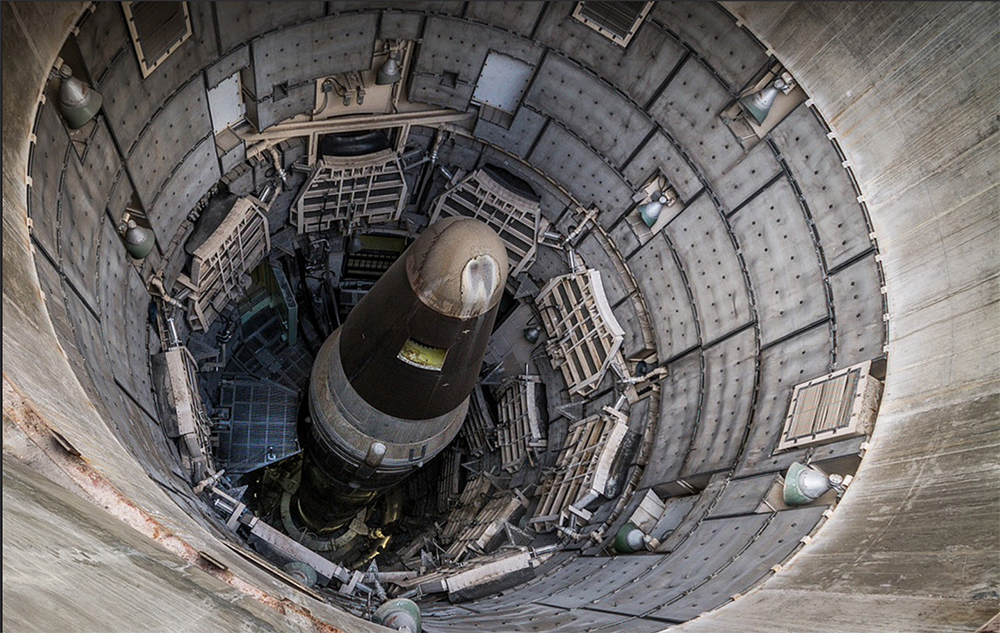Abolishing nuclear weapons is the only way to ensure a future for mankind.
think tank
The shadow of a dangerous nuclear arms race looms in the not-too-distant future, as governments worldwide spend hundreds of billions of dollars modernizing their nuclear arsenal. A recent New York Times article shows the U.S. projects to spend an estimated $1 trillion upgrading the current nuclear stock in a span of thirty years by miniaturizing missiles and making them more usable, unlike Cold-War era ICBMs. Revamping the nuclear arsenal has already been criticized as wasteful and unsustainable, with Defense Secretary Ashton Carter calling a “Cold War playbook” as insufficient justification for the massive undertaking.
It is a miracle we have avoided a nuclear war since the nuclear arms race began in the 1950s. The international affairs think tank, Chatham House, recently published a report showing 13 instances since 1962 when nuclear weapons were nearly launched. In a world where accidents happen, we cannot afford to make even a single mistake. In 1983, a Soviet officer named Stanislav Petrov saved the world from a nuclear war between the U.S.S.R. and the U.S. By disobeying protocol and ignoring what was later discovered to be a glitch in the nuclear early-warning system. The list provided by Chatham House also does not include the instance when the U.S. accidentally dropped two nuclear bombs over Goldsboro, North Carolina in January 1961, activating one of the bombs — a single low-voltage switch away from blowing up the eastern part of the U.S. The list also does not include the case when the United States Air Force temporarily lost six AGM-129 cruise missiles armed with nuclear warheads for 36 hours nor the time when two nuclear submarines collided into each in 2009. Even if a nuclear war is avoided, the probability of an operational accident always exist.
moral imperative
General Lee Butler, now retired former commander in chief of the Strategic Air Command, stressed the need to abolish nuclear weapons out of a moral imperative. In a YouTube video by the International Campaign to Abolish Nuclear Weapons, Butler discussed how tens of millions and even hundreds of millions of people could be killed just from the immediate detonation of nuclear weapons during a nuclear war. Unfortunately, the thermonuclear weapons of today are exponentially more powerful than the ones dropped on Hiroshima and Nagasaki during World War II. In the video, Butler claims it was by “skill, luck, and divine intervention” the world escaped a nuclear apocalypse.
The myth of a precise nuclear strike perpetuates when the Pentagon continues to purchase expensive missiles and bombers from the American war industry. It does not matter if the intelligence is reliable or if weaponry is sophisticated. Once a thermonuclear weapon detonates, the environment is immediately contaminated and millions of civilians are endangered by radiation and nuclear fallout.
doomsday clock
Every year, the Bulletin of the Atomic Scientists updates the doomsday clock — warning how close we are to destroying the world. The clock shows we are currently three minutes to midnight. In the words of Butler, if “chaining the nuclear beast” requires us to engage in large acts of civil disobedience, then the people must go ahead and challenge the power structure maintaining this calamitous weapons system.







